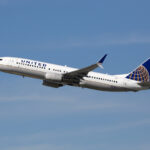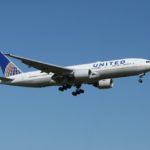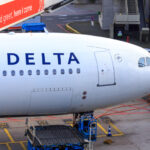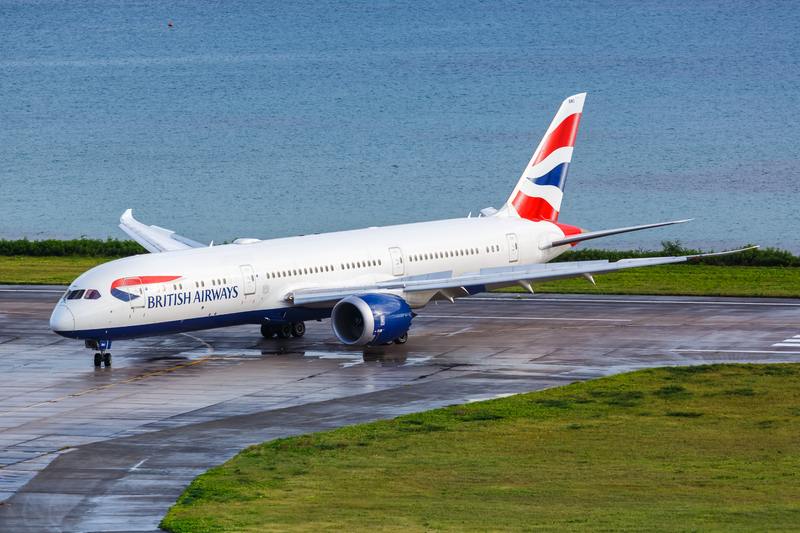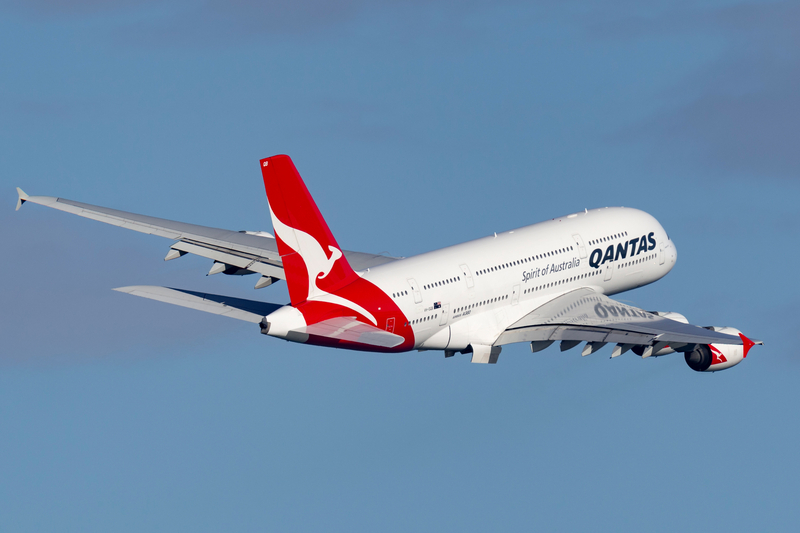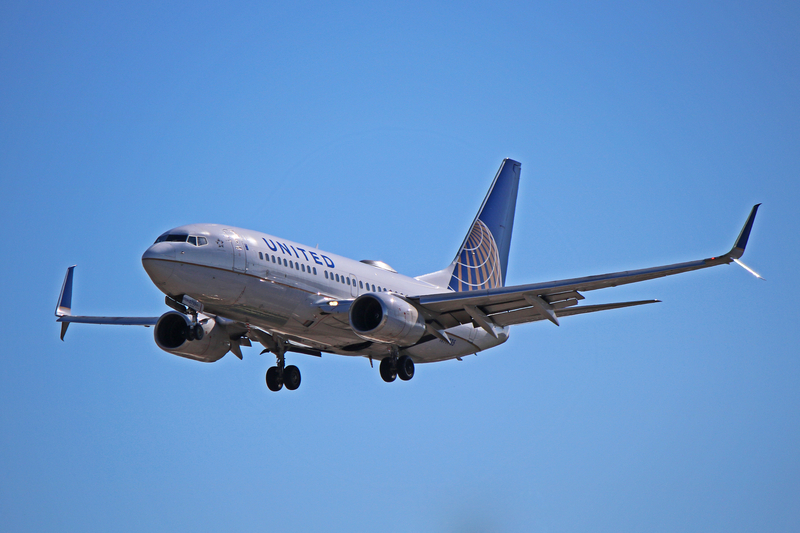United Airlines A320 Delay At Des Moines After Flight Attendant Fight
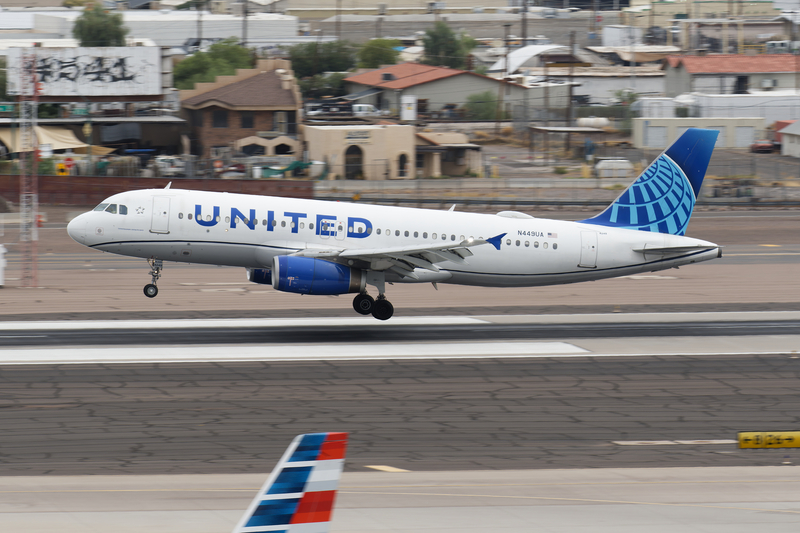
ID 279304055 © Robin Guess | Dreamstime.com
United Airlines was forced to delay a routine Des Moines (DSM)–Chicago O’Hare (ORD) service on Monday, October 27, 2025, after an onboard disagreement between two flight attendants escalated to the point that the carrier removed the entire cabin crew and brought in replacements. The disruption ultimately pushed the flight’s arrival into Chicago back by more than four hours and triggered a cascade of downstream scheduling fixes.
What Happened In Des Moines
The flight in question — UA2138 from Des Moines International (DSM) to Chicago O’Hare (ORD) — was scheduled to depart at 11:26 and arrive at 12:57, a block time of 1hr 31min for the short hop into United’s Midwest hub. The aircraft assigned was N452UA, an Airbus A320-200 in the carrier’s standard 150-seat layout (12 United First, 42 Economy Plus, 96 Economy), flown by two pilots and staffed by three flight attendants.
Before departure, two members of the cabin crew reportedly had a disagreement that could not be resolved on board. United’s in-flight duty management team — the supervisors who oversee flight attendants — documented the cause internally as a “Crew Availability Delay: disagreement on 2 of the FAs,” and instructed the station to deplane customers and remove the full cabin crew.
Because Des Moines (DSM) is not a United crew base, the airline could not simply swap in reserve flight attendants from the airport. Instead, United had to fly in a replacement crew — most likely from Chicago (ORD) — to work the sector.
The Operational Impact
With passengers offloaded and the original crew removed from duty, the A320 sat in Des Moines for nearly four hours. UA2138 finally departed DSM at 15:56 and landed at Chicago O’Hare (ORD) at 16:51, arriving 4hr 12min behind schedule.
That single disagreement had several knock-on effects:
-
Passenger disruption: A mid-day arrival into ORD more than four hours late meant some customers misconnected to onward United and United Express departures. United would typically rebook affected travelers on later flights and offer meal vouchers, but U.S. carriers are not obligated to provide EU261-style compensation for crew-related delays.
-
Crew disruption: The original flight attendants were likely scheduled to work multiple legs or continue on to other hubs after ORD. Pulling them off UA2138 meant United also had to re-staff their next flights, tightening already busy afternoon crew rosters.
-
Aircraft utilization: The A320-200 involved is part of United’s core domestic narrowbody fleet — any four-hour sit on an aircraft that should be flying turns is effectively lost capacity.
Why Airlines Sometimes Pull The Whole Crew
Cabin and flight deck crews do not fly with the same colleagues every day — they’re paired and re-paired through complex monthly bid systems. Professionalism usually keeps flights moving even when personalities clash. But if two crew members tell a duty manager they cannot safely work together, the airline has little choice but to treat it as a safety and CRM (crew resource management) issue.
Removing just the two individuals involved is not always practical — it can break minimum staffing levels or disrupt seniority-based positions in the cabin. In those cases, it’s cleaner to lift the entire cabin crew and restart with a fresh team, even if it means a long delay at an outstation.
Similar Incidents Aren’t Common — But They Do Happen
The United delay in Des Moines slots into a small but visible category of “crew conflict” disruptions that have surfaced over the past few years — including cabin-crew disagreements on regional jets and even flight-deck disputes that led to one pilot stepping off the aircraft. Airlines typically respond with internal investigations and, where appropriate, discipline or additional training, but the details rarely become public.
What is clear is that United prioritized safety, cockpit security, and cabin cohesion over schedule on UA2138. That’s the standard playbook: if a carrier believes a crew can’t work together safely, the flight doesn’t go.
Bottom Line
A routine United Airlines hop from Des Moines (DSM) to Chicago O’Hare (ORD) on October 27, 2025, turned into a four-hour delay after two flight attendants had a disagreement serious enough that the airline removed the entire cabin crew and flew in replacements. The Airbus A320-200 involved eventually completed the short sector, but not before passengers missed connections and United had to rework afternoon crew pairings. In the end, the carrier treated it exactly as it would any potential safety or CRM issue — fix the crew first, fly second.
